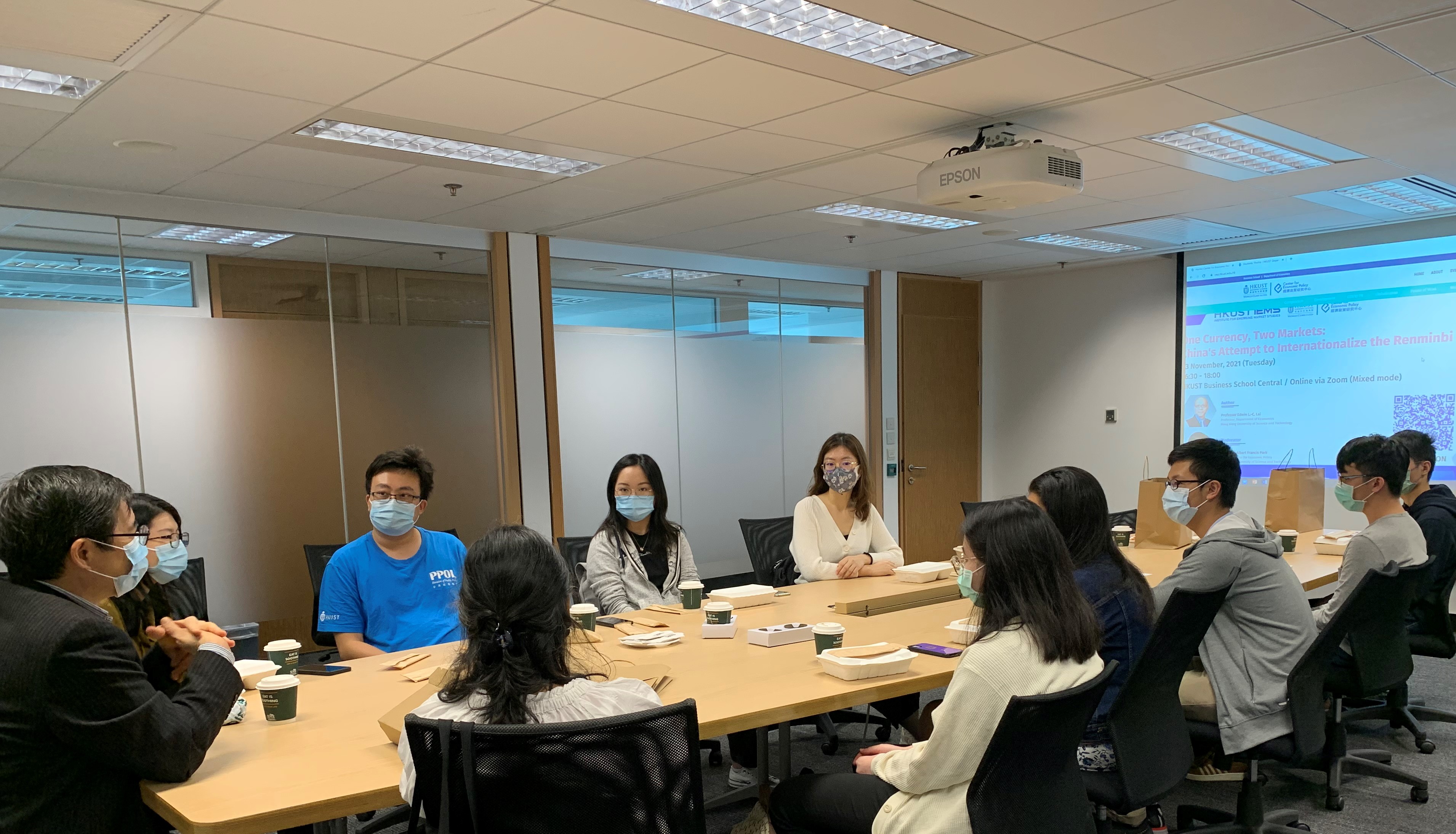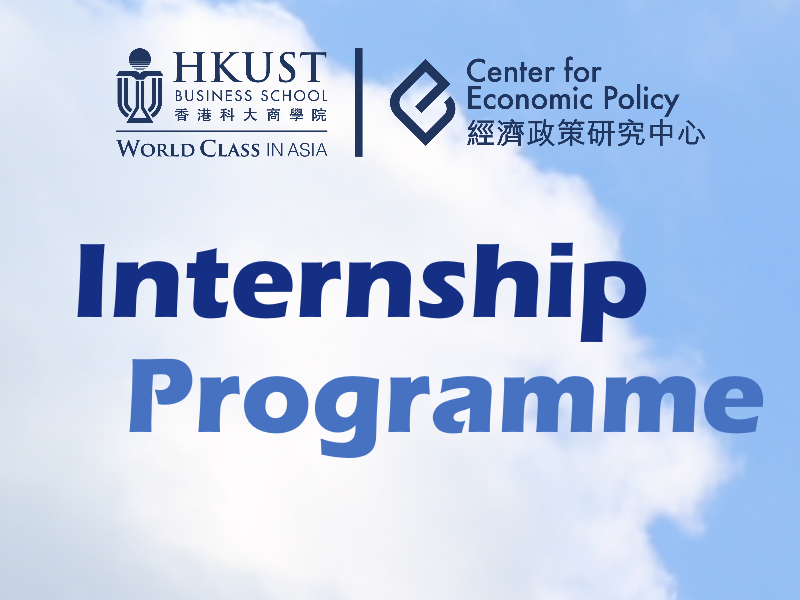CEP Small Research Grant Funding Results 2022
Funding Results of CEP Small Research Grants are out. 3 grants were awarded to researches conducted related to two programs in the Center, namely Development Economics Action Research (DEAR) Program and the Globalization and Growth Program.
The grants are intended to support policy-relevant research that in the future can lead to dissemination and dialogue with relevant stakeholders interested in gaining a deeper understanding of economic policy issues.
Funding Results 2022
Borrowing in Functional v. Dysfunctional Families: How Migrant Domestic Workers Manage their Finances
Sujata Visaria, Associate Professor of Economics
Co-Investigator
Utpal Bhattacharya, Chair Professor of Finance
Abstract
A literature has argued that the poor find it attractive to borrow because loan repayment obligations exert financial discipline, in particular they provide a rationale to resist demands from one’s social network. In the proposed project we hope to show that among Filipina domestic workers in Hong Kong, the motivation for borrowing is more nuanced: whereas in “functional” families loan obligations help to discipline dependents, in dysfunctional families the possibility of borrowing exacerbates financial demands. Our field experiment will generate empirical evidence to test these hypotheses. Additional rich survey data will help to interpret our findings and shed light on underlying mechanisms.
Market Expectations and RMB Exchange Rate Policies
Yang Lu, Associate Professor of Economics
Abstract
How effective is the central parity mechanism using by the PBC in balancing the long-term flexibility and short-term stability of RMB exchange rate? We investigate this question via the interactions between market expectations of RMB exchange rate and two central parity reforms during 2014-2020. The 2015 reform that increased the transparency of the policy rule is expected to interact with the long-term market forecasts of RMB, and the 2017 reform that introduced a counter-cyclical factor into the policy rule is expected to interact with the short-term market forecasts of RMB.
Influence of and Interplay Between Culture and Chinese Outward FDI into Southeast Asia
Naubahar Sharif, Professor of Public Policy
Abstract
Voluminous research has been conducted to explain the development of Chinese outward foreign direct investment (OFDI) into Southeast Asia. However, not much attention has been paid to the determinant factors that contribute to an uneven distribution of Chinese investment in this region. The objective of this research is to examine the cultural characteristics of four different cities in Thailand and Laos to determine how culture is reshaping urban development at the city level. Simultaneously, to determine how cultural characteristics impact Chinese OFDI inflow to different cities (the four cities). Applying a multi-methodological approach, this research aims to provide a new theoretical model to illustrate the impact of culture upon urban development and Chinese investor’s decision-making. In connecting research conducted on (a) culture, (b) urban development, and (c) Chinese investment, this research will contribute to a critical understanding of a new paradigm for policymaking by linking the three aforementioned foci.










